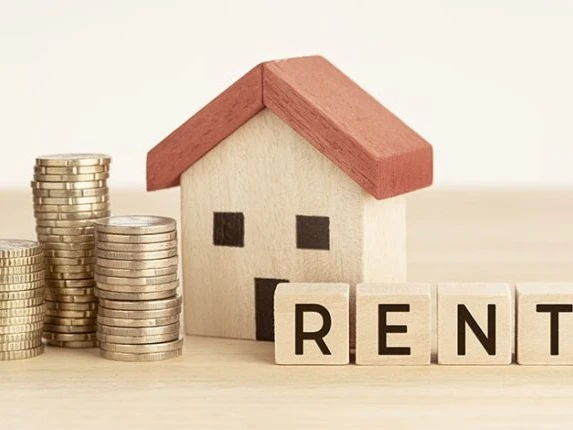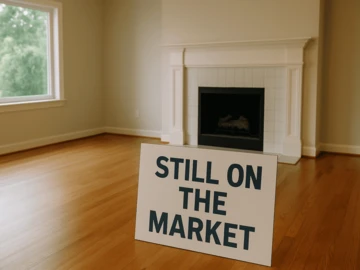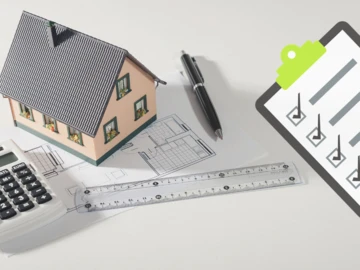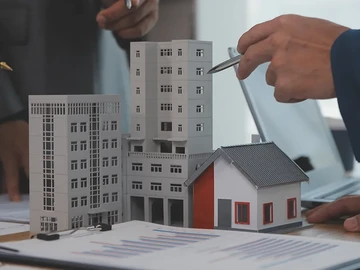Owning income-generating property in Zimbabwe is one of the most time-tested ways to build wealth and preserve value in a volatile economy. From urban rentals in Harare and Bulawayo to investment homes in upcoming suburbs, rental real estate offers a solid mix of monthly returns and long-term capital gains.
But many landlords especially new ones fall into easily avoidable traps that can compromise their profits, strain landlord-tenant relationships, and devalue their properties.
Here’s a breakdown of the seven most common missteps Zimbabwean landlords make, and smart ways to sidestep them for long-term rental success.
1. Rushing the Tenant Selection Process
Too often, landlords focus on filling a vacancy quickly rather than finding the right tenant. This can result in lease violations, missed payments, or damage to your investment property.
Solution: Implement a structured tenant screening system. Verify employment, run reference checks, and examine rental histories. Consider using a professional letting agent to streamline this process and reduce risk.
2. Ignoring the True Cost of Property Upkeep
Many property owners in Zimbabwe underestimate the long-term costs of owning and managing a rental home. Routine wear and tear, plumbing issues, or burst geysers can pile up unexpectedly—and quickly drain profits.
Solution: Set aside a dedicated maintenance reserve fund and carry out bi-annual property inspections. Preventative maintenance preserves property value and keeps your rental desirable to new tenants.
3. Being Out of Sync with Zimbabwe’s Rental Laws
Navigating rental legislation in Zimbabwe can be tricky. Misunderstandings around lease enforcement, evictions, and tenant rights can expose landlords to fines or legal battles.
Solution: Familiarise yourself with the Rental Housing Act and local municipal by-laws. Work with a licensed real estate advisor to ensure your lease agreements are compliant and that your rights as well as your tenants are protected.
4. Charging the Wrong Rental Price
Setting rental prices without proper market analysis can work against you. Overpriced units can sit empty for months, while underpriced ones might attract the wrong tenants or erode your return on investment (ROI).
Solution: Use platforms like property.co.zw to compare similar listings and assess location-specific trends. Factor in security, finishes, amenities, and access to services. For accuracy, request a rental valuation from a local expert.
5. Using Generic or Incomplete Lease Agreements
A weak lease is a legal landmine. Vague language, missing clauses, or unsigned agreements often result in disputes that could have been easily avoided.
Solution: Draft a comprehensive tenancy agreement that clearly spells out rent terms, maintenance responsibilities, penalties, and policies. Attach a move-in inspection report and ensure both parties sign before keys are handed over.
6. Overestimating Your DIY Property Management Abilities
Managing a rental may seem simple but when you're handling multiple tenants, maintenance requests, and chasing payments, it can quickly become overwhelming.
Solution: If you don’t have the time or systems to manage your property effectively, hire a certified property manager. Their expertise often leads to lower vacancy rates, better tenant retention, and improved cash flow.
7. Failing to Prepare for Vacancies and Tenant Turnover
It’s easy to assume your unit will always be occupied, but that’s rarely the case. Tenant turnover means empty months, repainting, deep cleaning, and advertising costs all of which eat into your income.
Solution: Set aside funds to cover at least one month of vacancy per year. Start advertising your rental at least 30 days before a lease ends, and keep current tenants happy with proactive communication and fair practices to encourage lease renewals.
Common Rental Issues Handled by Zimbabwe’s Rental Housing Tribunal:
- Disputes over non-payment of rent
- Unjustified withholding of deposits
- Unlawful evictions or lockouts
- Refusal to carry out essential maintenance
- Changing of locks without notice
- Intimidation or harassment of tenants
- Illegal disconnections of water or electricity
- Violations of a tenant’s right to privacy
According to Section 13(13) of the Rental Housing Act, any ruling issued by the Tribunal has the same effect as a Magistrate’s Court order, which means it’s legally enforceable and binding across Zimbabwe.
Final Takeaway for Zimbabwean Landlords
Being a landlord is more than just collecting rent—it’s about smart decision-making, legal awareness, and consistent property care. Whether you own a residential flat in Newlands, a duplex in Bluff Hill, or an investment unit in Victoria Falls, avoiding these missteps will boost your rental profitability, protect your property’s long-term value, and improve your reputation as a responsible housing provider.
Want to list your rental the smart way?
Join thousands of landlords and property investors already advertising on Zimbabwe’s most trusted real estate platform.
 Continue with Facebook
Continue with Facebook
 Continue with Email
Continue with Email














